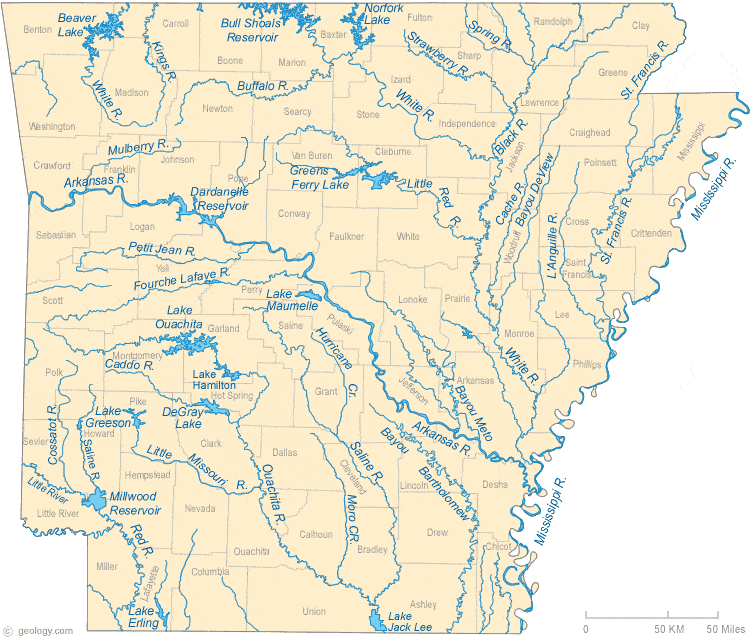Leadership, Perception, and the Impact of Power
by
Charles Lamson
The concepts of leadership and power have generated lively interest, debate, and often confusion throughout the evolution of management thought. The concept of power is closely related to the concept of leadership, for power is one of the means by which a leader influences the behavior of followers. Given this integral relationship between leadership and power, leaders must not only assess their leader behavior in order to understand how they actually influence other people, but they must also examine their possession and use of power.
 |
Power Defined In an earlier post, we defined leadership as an attempt to influence another individual or group and concluded that leadership is an influence process. Power is influence potential---the resource that enables a leader to gain compliance or commitment from others. Despite its critical importance, power is a subject that is often avoided, because power can have its seamy side, and many people want to wish it away and pretend it is not there. But power is a real-world issue. Leaders who understand and know how to use power are more effective than those who do not or will not use power. To successfully influence the behavior of others, the leader should understand the impact of power on the various leadership styles. In today's world, many sources of power within organizations have been legislated, negotiated, or administrated away. Leaders now have less of some types of power to draw from, so it is important to use effectively what is available. Because power bases drive leadership styles, using them appropriately can enhance your effectiveness as a leader. In spite of widespread usage of the term power in the management literature, there are many definitions. James Hillman reports that power's ". . . rather innocent definition is simply the agency to act, to do, to be, coming from the Latin potere, to be able . . . power can be defined as sheer potency or potentiality, not the doing, but the capacity to do." David C. McClelland and David H. Burnham have defined power as "influencing others." John B. Miner defined power as ". . . the ability to induce a person to do something he or she would not otherwise have done." Miner goes on to write, "Influence is a broader concept, referring to anything a person does to alter the behavior, attitudes, values, feelings, and such of another person. . . . Power is thus one form of influence." Stephen P. Robbins suggests, "Power refers to a capacity that A has to influence the behavior of B, so that B does something that he or she would not otherwise do. This definition implies (1) a potential that need not be actualized to be effective, (2) a dependence relationship, and (3) that B has some discretion over his or her own behavior." We will use M.F. Rogers' simple definition of power as "the potential for influence." Thus, power is a resource that may or may not be used. The use of power resulting in a change in the probability that a person or group will adopt the desired behavioral change is defined as "influence." Accepting Rogers' definition, we make the following distinction between leadership and power. As was suggested in an earlier post, leadership is defined as the process of influencing the activities of an individual or a group in efforts toward accomplishing a goal in a given situation. Therefore, leadership is simply any attempt to influence; power is a leader's influence potential. It is the resource that enables a leader to influence. Power: An Eroding Concept If power is defined as influence potential, how does one describe authority? Authority is a particular type of power that has its origin in the position that a leader occupies. Thus, authority is the power that is legitimized by virtue of an individual's former role in a social organization. Hundreds of years ago, serfs had no power; kings and queens had all the power. Their positions gave them ultimate authority. For years, managers were almost like kings and queens. They could make all the decisions. If they did not like the way you looked or the way you combed your hair, they could fire you, and workers could do very little to stop such arbitrary action. Today, that is no longer the case. Position Power and Personal Power One of the characteristics of leadership is that leaders exercise power. Amitai Etzioni discussed the difference between position power and personal power. His distinction resulted from his concept of power as the ability to induce or influence behavior. He claimed that power is derived from an organizational office, personal influence, or both. Individuals who are able to induce other individuals to do a certain job because of their position in the organization are considered to have position power; individuals who derive their power from their followers are considered to have personal power. Some individuals can have both position power and personal power. Where do managers get the position power that is available to them? Although Etzioni would argue that it comes from the organizational office of a manager; we feel it comes from above and, therefore, is not inherent in the office. Managers occupying positions in an organization may have more or less position power than their predecessor or someone else in a similar position in the same organization. Position power is the extent to which those people to whom managers report are willing to delegate authority and responsibility down to them. So position power tends to flow down in an organization. This is not to say that leaders do not have any impact on how much position power they accrue. They certainly do. The confidence and trust they develop with the people above them will often determine the willingness of upper management to delegate down to them. And remember, whatever power is delegated downward can be taken back. We have all seen this occur on occasions when managers still have the same responsibilities, but all of a sudden their authority (to distribute rewards and sanctions) to get the job done in the way they once did is taken away.  Personal power is the extent to which followers respect, feel good about, and are committed to their leader and to which they see their own goals as being satisfied by the goals of their leader. In other words, personal power is the extent to which people are willing to follow a leader. As a result, personal power in an organizational setting comes from below---from the followers---and so flows up in an organization. Thus, we must be careful when we say that some leaders are charismatic or have personal power that flows from them. Personal power is not inherent in the leader. If it were, managers with personal power could take over any department and have the same commitment and rapport they had in their last department. We know that they cannot. Although managers certainly can influence the amount of personal power they have by the way they treat their people, it is a volatile kind of power. It can be taken away rapidly by followers. Make a few dramatic mistakes and see how many people are willing to follow. Personal power is a day-to-day phenomenon---it can be earned and it can be taken away. Etzioni suggested that the best situation for leaders is when they have both personal power and position power. But, in some cases, it is not possible to build a relationship on both. Then, the question becomes whether it is more important to have personal power or position power. Happiness and human relations have been culturally reinforced over the past several decades. With this emphasis, most people would pick personal power as being the most important. But there may be another side of the coin. In his sixteenth-century treatise The Prince, Machiavelli presented an interesting viewpoint when he raised the question of whether it is better to have a relationship based on love (personal power) or fear (position power). Machiavelli, as did Etzioni, contended that it is best to be both loved and feared. If, however, one cannot have both, he suggested that a relationship based on love alone tends to be volatile, short-lived, and easily terminated when there is no fear of retaliation. On the other hand, a relationship based on fear tends to be longer-lasting, because the individual must be ready to incur the sanction (pay the price) before terminating the relationship. This is a difficult concept for many people to accept. One of the most difficult roles for leaders---whether they be a supervisor, teacher, or parent---is disciplining someone about whom they care. Yet, to be effective, leaders sometimes have to sacrifice short-term friendship for long-term respect if they are interested in the growth and development of the people with whom they are working. Machiavelli warned, however, that one should be careful that fear does not lead to hatred. For hatred often evokes overt behavior in terms of retaliation, undermining, and attempts to overthrow.  In summary, position power can be thought of as the authority, which is delegated down, to use rewards and sanctions. Personal power is the cohesiveness, commitment, and rapport between leaders and followers. It is also affected by the extent to which followers see their own goals as being the same, similar to, or at least dependent upon the accomplishment of the leader's goals. Although personal and position power are distinct, they are an interacting influence system. Often, followers are affected by their perception of the leader's ability to provide rewards, punishments, and sanctions and of the leader's influence up the organization. Also, the extent to which people above you in the organization are willing to delegate position power is often dependent on their perception of the followers' commitment to you. So it is not sufficient just to have either position or personal power alone---you need to work at gaining both. Selling Within Your Own Organization It is important to keep in mind that no matter where you are within your organization, you are trying to influence people. If you are managing, you can use both position power and personal power to influence the people who report directly to you. When attempting to influence your supervisor, senior executives, and associates, however, you must depend almost exclusively on personal power, you must learn to develop rapport through personal power, because it is through this trust and confidence that an effective relationship can be built. Figure 1 illustrates this important idea. Keep in mind that power is a real-world issue. People who understand and know how to use power are more effective than those who do not or will not. Recognition of the fact that all managers are in the business of selling is an important aspect of this understanding. Figure 1 Selling Up/Managing Down  *SOURCE: MANAGEMENT OF ORGANIZATIONAL BEHAVIOR: LEADING HUMAN RESOURCES, 8TH ED., 2001, PAUL HERSEY, KENNETH H. BLANCHARD, DEWEY E. JOHNSON, 204-208*
end
|


No comments:
Post a Comment